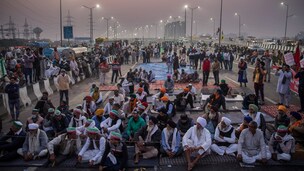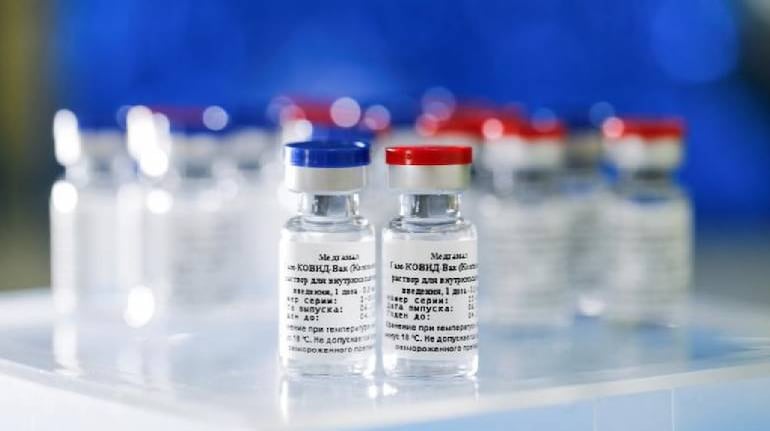Russia will jointly produce Sputnik V vaccine for COVID-19 with India: Russian envoy Nikolay Kudashev
The vaccine was developed by the Gamaleya Research Institute while the Russian Direct Investment Fund (RDIF), Russia's sovereign wealth fund, is investing in the production and promotion of the vaccine abroad.
PTI
December 21, 2020 / 09:22 PM IST
Russian envoy to India Nikolay Kudashev on December 21 said Moscow will jointly produce the Sputnik V vaccine for COVID-19 along with New Delhi and it will be manufactured by Indian pharma major Dr Reddy's Laboratories. "We are working very hard to fight COVID-19 together with India, and are now advancing to jointly produce Sputnik V vaccine at the capacities of Dr Reddy's Laboratories to be used in India, Russia and other countries," Kudashev said, addressing a press conference.
"We have supported each other in a big way earlier this year when we managed to repatriate thousands of Russian and Indian nationals to their respective home countries," he added. On August 11, Russia became the world's first country to register a coronavirus vaccine, dubbed Sputnik V.
The vaccine was developed by the Gamaleya Research Institute while the Russian Direct Investment Fund (RDIF), Russia's sovereign wealth fund, is investing in the production and promotion of the vaccine abroad. Sputnik V vaccine has shown 92 per cent efficacy in preventing COVID-19, according to the interim trial results announced by the country's health ministry.
In September 2020, Dr Reddys and RDIF entered into a partnership to conduct clinical trials of Sputnik V vaccine and its distribution in India. As part of the partnership, RDIF shall supply 100 million doses of the vaccine to Dr Reddy's upon regulatory approval in India.
Kudashev said a lot of efforts are aimed at coordination in the international arena, including the World Health Organization and BRICS, where Russia has got advanced healthcare mechanisms and initiatives, including Tuberculosis Network, Vaccine Research Center, and Early Warning System to prevent the spread of infectious diseases.
Follow our full coverage of the coronavirus pandemic here.










_2020091018165303jzv.jpg)


























